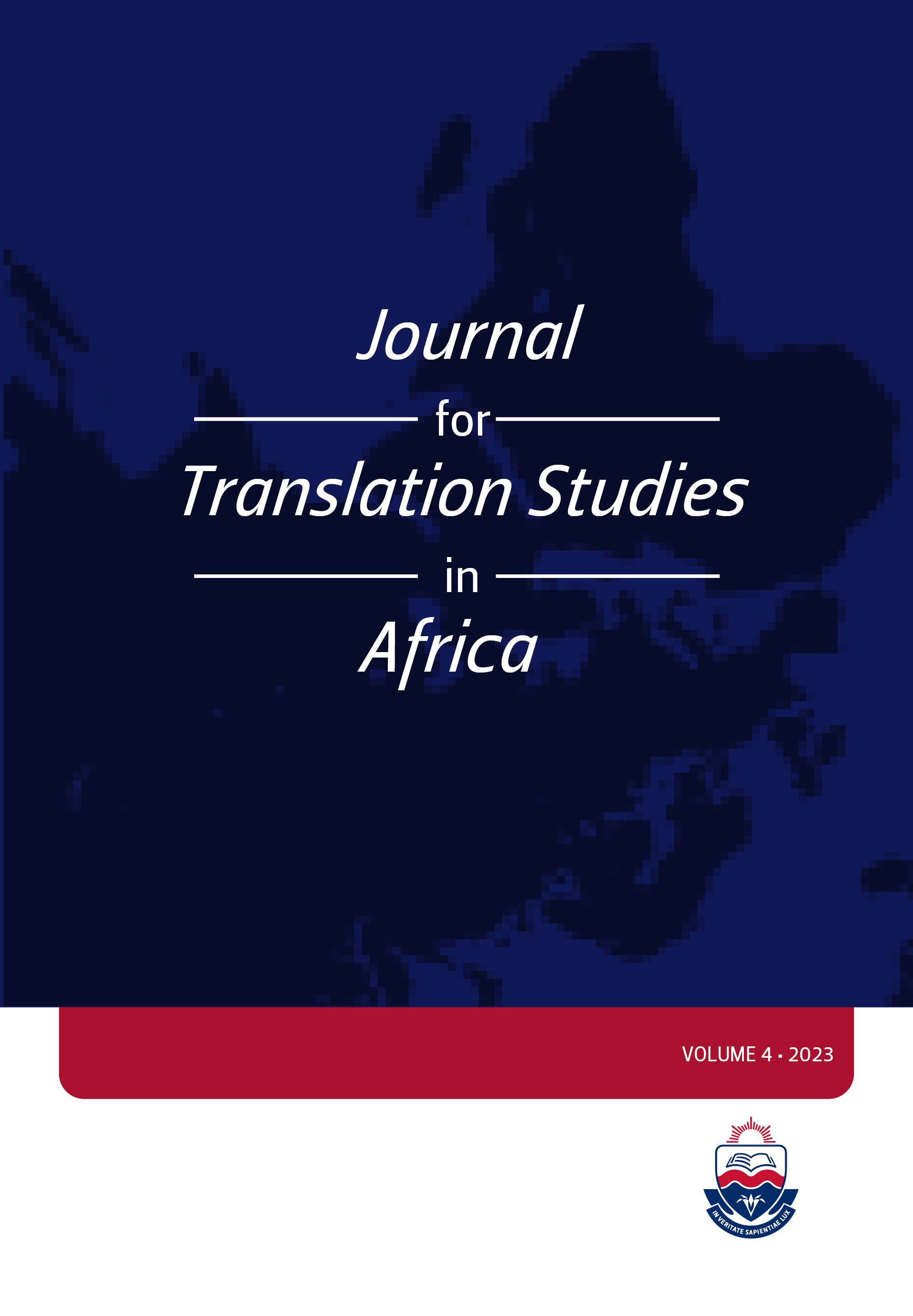Four female Khoesan language translators across three centuries of Cape history: A morphogenetic analysis
DOI:
https://doi.org/10.38140/jtsa.v4i.6896Keywords:
Dorothea Bleek, Khoesan languages, Krotoa, Lucy Lloyd, Zara Schmelen, Agency, Female translators, MorphogenesisAbstract
Female translators are highly atypical in South African colonial history. Yet four important female translators appear on the scene who, interestingly, all translated or interpreted into or from Khoesan languages. Therefore, apart from their marginalised position as women, these translators are also linked to marginalised languages. These translators are Krotoa, a Khoe interpreter employed by colonial administrator Jan van Riebeeck, Zara Schmelen, a Nama mission assistant and Bible translator, and Lucy Lloyd and Dorothea Bleek, so-called Bushman researchers and relatives of the famous philologist Wilhelm Bleek. This article is interested in the ways in which the work of these early female translators expressed social conditioning and in the characteristics of their agency within a restrictive social space. The hindering and enabling factors involved in these women’s practice of translation and interpreting is analysed and particular attention is paid to the ideological characteristics of their work. In the analysis of the social characteristics of translation, Margaret Archer’s morphogenetic approach is employed. Archer’s approach involves an investigation of structure, culture and agency and the ways in which these contribute to cycles of social change (morphogenesis) or maintenance (morphostasis). With regard to agency, the analysis is guided by Archer’s terms primary agency (which results from social rank), corporate agency (which results from social organisation) and social actorship (which results from the unification of personal identity with social roles). The research finds that chance and male sanctioning were present in these women’s involvement in translation, but that a strong exercise of agency was present which was personally motivated. Agency involved no organisation, however, and neither sought nor achieved social change. Yet, three of the four translators were able to achieve social actorship, whereby their role as translators was successfully united with their personal identity.
Downloads
##submission.downloads##
Published
How to Cite
Issue
Section
License
Copyright (c) 2023 Maricel Botha

This work is licensed under a Creative Commons Attribution 4.0 International License.




